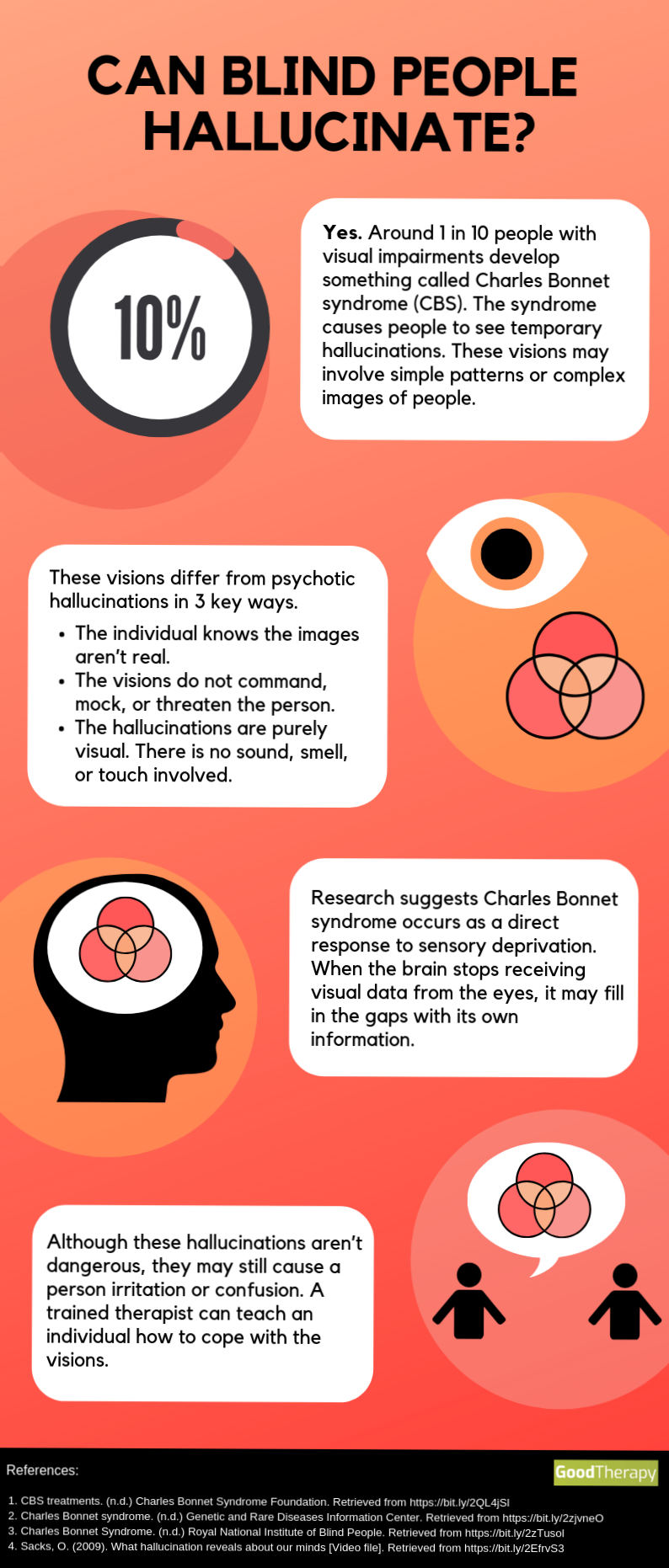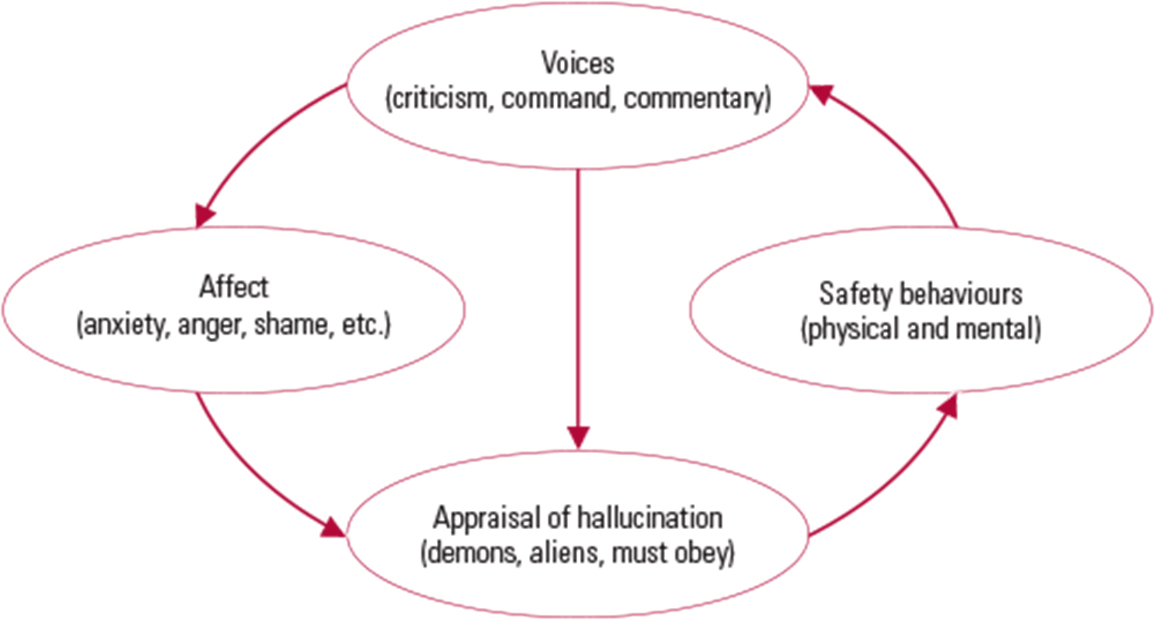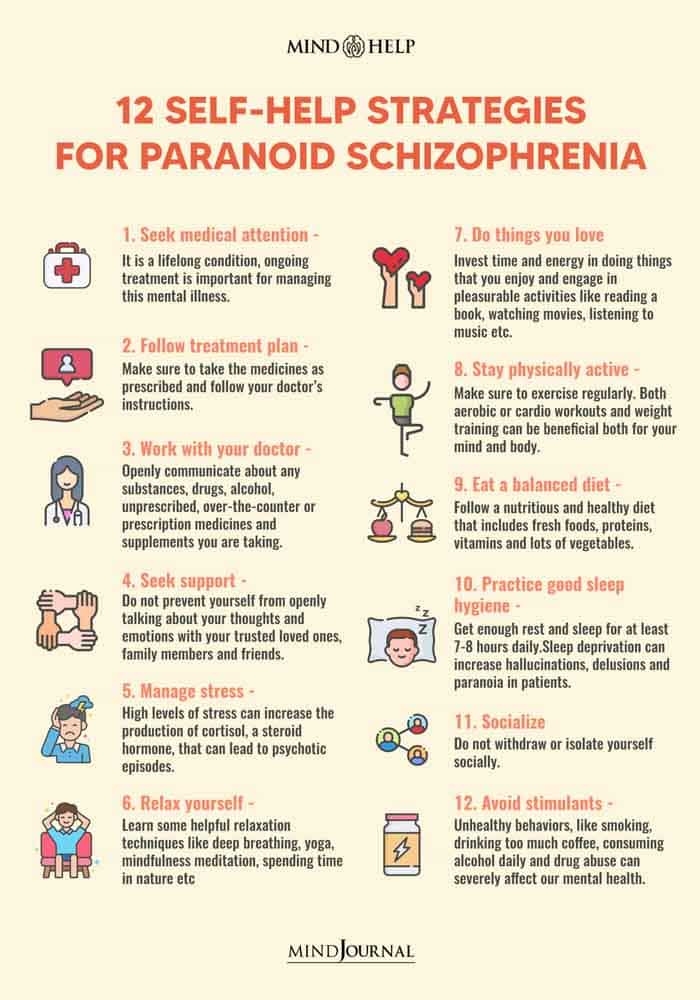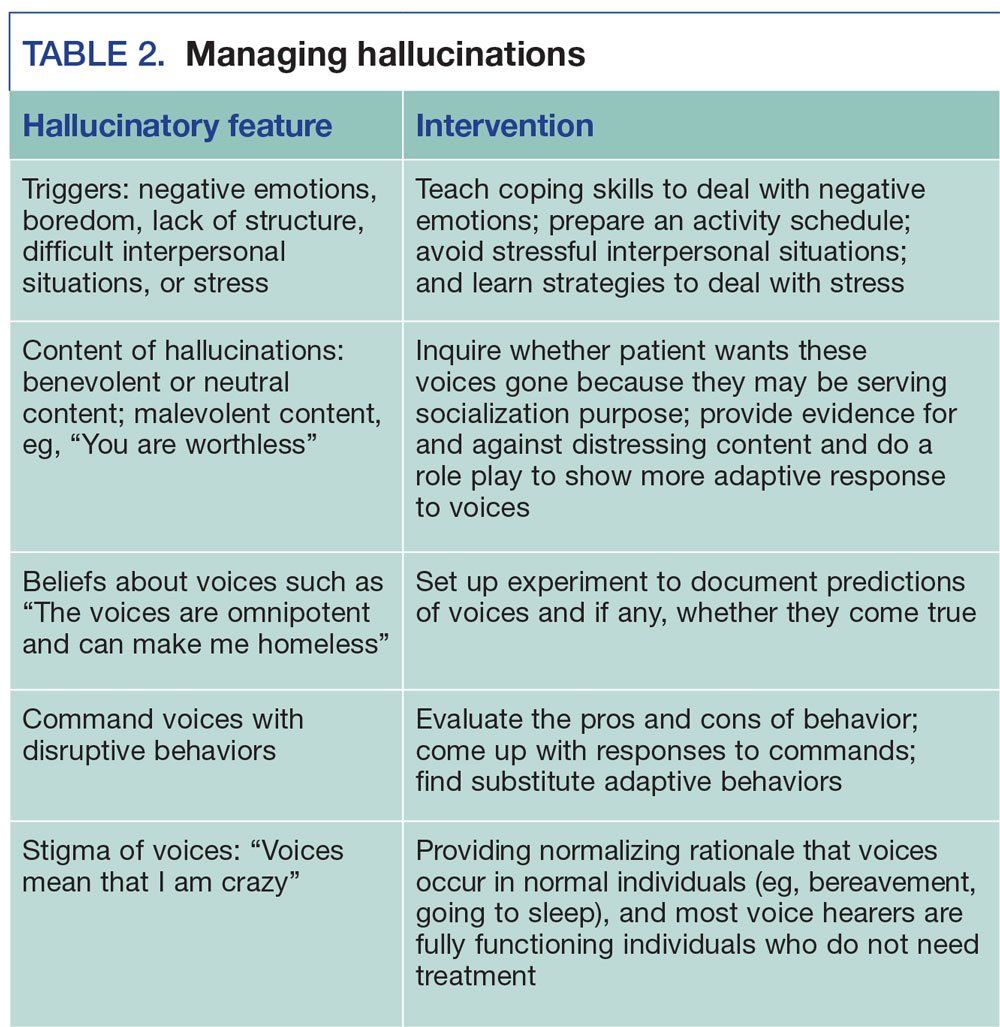Can’t-Miss Takeaways Of Info About How To Cope With Hallucinations

More than 90 percent of patients with dementia will have one or more behavioral or neuropsychiatric symptoms, such as depression, anxiety, delusions, hallucinations, agitation.
How to cope with hallucinations. This is a specific treatment for auditory verbal hallucinations (hearing voices) that involves techniques from cognitive behavioral therapy,. Lack of emotional display or responses. Different styles of music can be helpful or unhelpful to different individuals.
U help the person to cope with auditory hallucinations by providing diversions. The first step often should be to contact a health care provider, especially someone with knowledge of the person and palliative care in general. The most common negative symptoms are often summarized as “the five a’s” of schizophrenia, which include:
Keep a diary of the voices to help identify and avoid the situations in which they arise. It will first make you understand what type of voices you hear and at what time of the day you hear them. In addition to validation therapy, positive distractions are often effective for relieving tension and anxiety related to hallucinations.
3 anxiety may make hallucinations and delusions worse. Please note that you should always consult with your physician before making any changes in your diet, your level of exercise and activity,. Do not engage or join in with their hallucination.
This worksheet will help you to cope with auditory hallucinations. If you're assailed by voices, try out some or all of the following: For example, for example, you could make conversation or undertake simple projects or physical activity with the
This is a popular coping strategy. “cognitive behavioural therapy (cbt) can be particularly effective in helping individuals play an active part in understanding and coping with hallucinations, and their. Some people have found that.









![Pdf] Auditory Hallucinations In Schizophrenia: Helping Patients To Develop Effective Coping Strategies | Semantic Scholar](https://d3i71xaburhd42.cloudfront.net/029c258cd5eb9019d34b78799a59b656ee4913fc/1-Figure1-1.png)




/what-is-paranoid-schizophrenia-4155331_final-fa6c66e4d61144079a2fa4897743ea39.png)


/coping-with-a-mentally-ill-spouse-2302988_final1-a69e85c593034d349035c14657458b32.png)